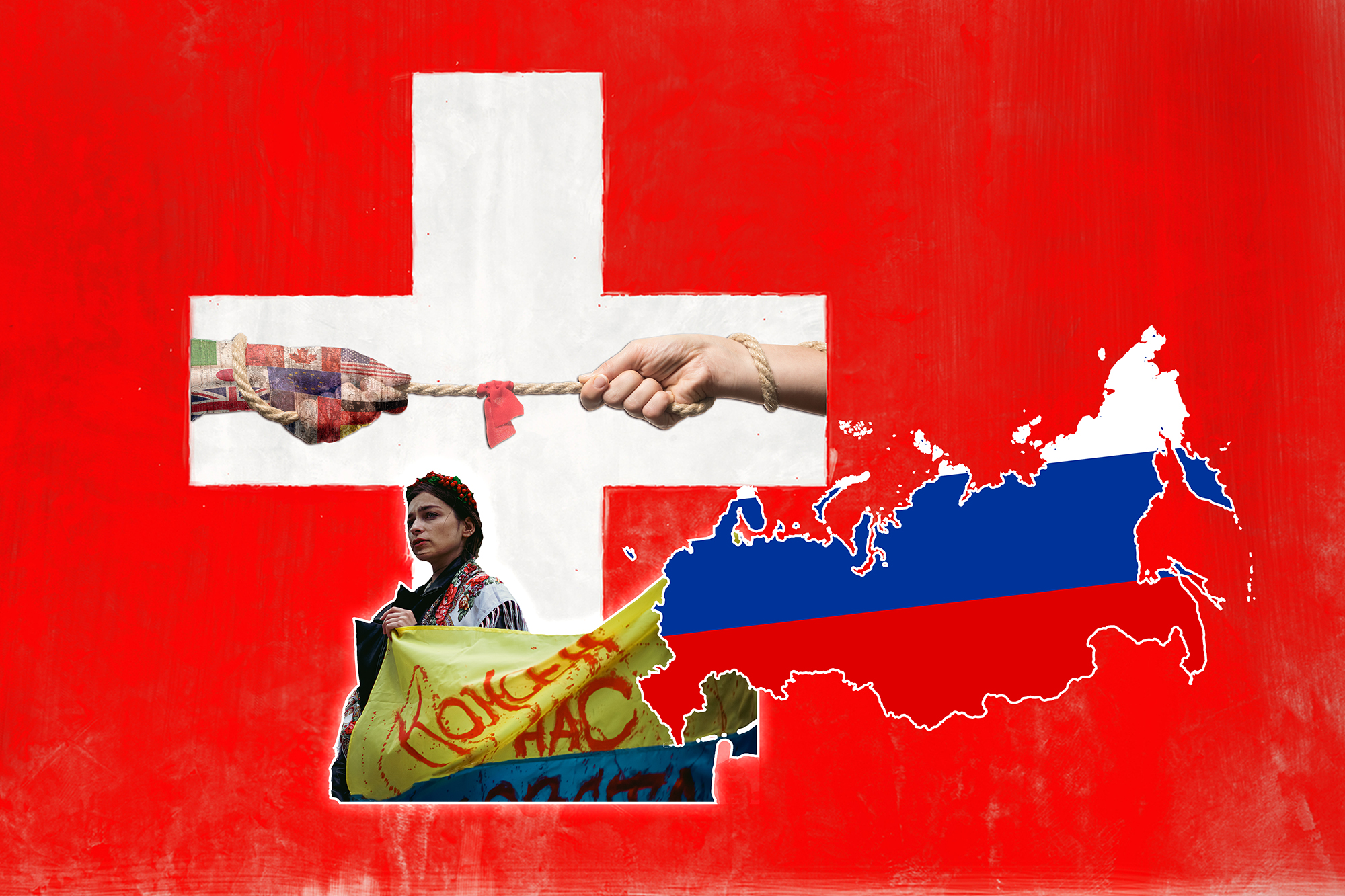
Ex-prosecutor calls for tougher Swiss sanctions against Russia

Switerland’s former Attorney General says he has been made a scapegoat for his county’s soft approach to sanctions against Russia.
+ Swiss prosecutor downfall “struck heart of legal system”
Michael Lauber is threatened with sanctions in the United States for allegedly allowing Russian crimes go unpunished during his time as top Swiss prosecutor.
But in an interview with the Tamedia news group, Lauber insists the real problem is Switzerland’s lack of energy in applying Russian sanctions.
“I share the view that Switzerland is too passive and too hesitant when it comes to implementation,” he said. “Resentment against Switzerland is now unloading on me. As federal prosecutor, I was made the scapegoat for everything.”
Lauber has called on Switzerland to reverse its decision to snub an international taskforce set up specifically to coordinate sanctions against Russia.
In the US, the Commission for Security and Cooperation in Europe, otherwise known as the Helsinki Commission, accuses Lauber and two other Swiss people of having helped Russians who were sanctioned at the time to get hold of funds frozen in Switzerland.
+ Could Switzerland seize Russian assets to rebuild Ukraine?
The political body, which is independent of the US government but has some influence over foreign policy, also accuses Lauber and others of having received gifts and trips from Russian officials and oligarchs.
Lauber was forced to stand down as Swiss Attorney General in 2020 under a weight of criticism of his record, ranging from Russia and Qatar to FIFA.
He denies the Helsinki Commission allegations and has requested a meeting with the US ambassador to Bern, Scott Miller, who has also been scornful of Switzerland’s sanctions record.
Lauber says he has been forced to cancel work in the US and Canada as a result of the stain on his character. “The mere appearance that I could be corrupt makes me unwanted,” he said.
Switzerland has frozen CHF7.5 billion ($8.6 billion) of bankable assets belonging to sanctioned Russian oligarchs and companies plus around 15 properties. The Alpine state has also frozen CHF7.4 billion belonging to the Russian central bank.

More
Switzerland has to ‘go above and beyond’ to implement sanctions

In compliance with the JTI standards
More: SWI swissinfo.ch certified by the Journalism Trust Initiative



























You can find an overview of ongoing debates with our journalists here . Please join us!
If you want to start a conversation about a topic raised in this article or want to report factual errors, email us at english@swissinfo.ch.